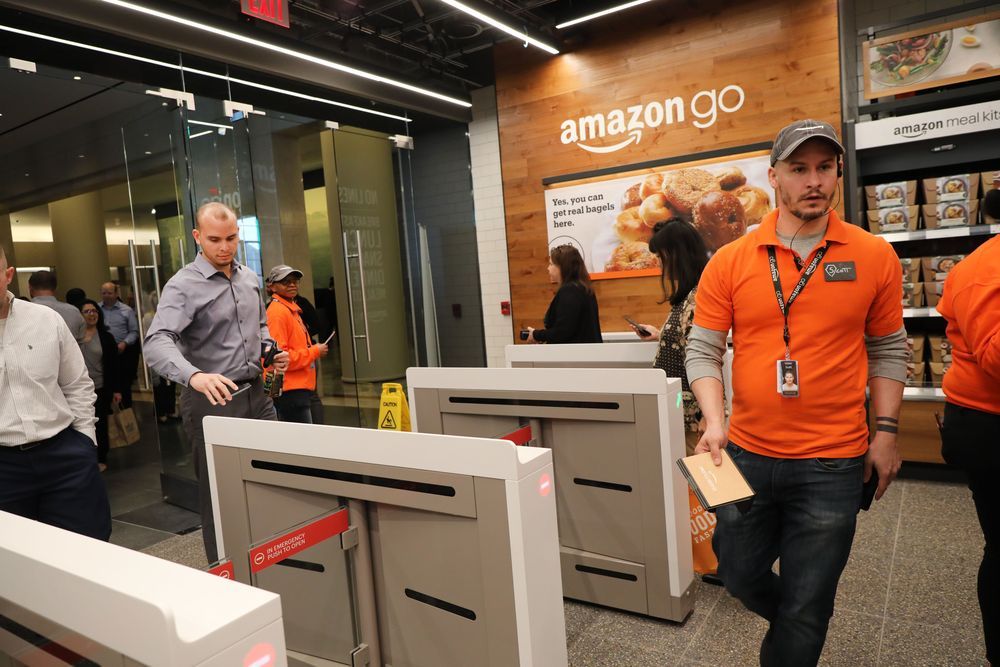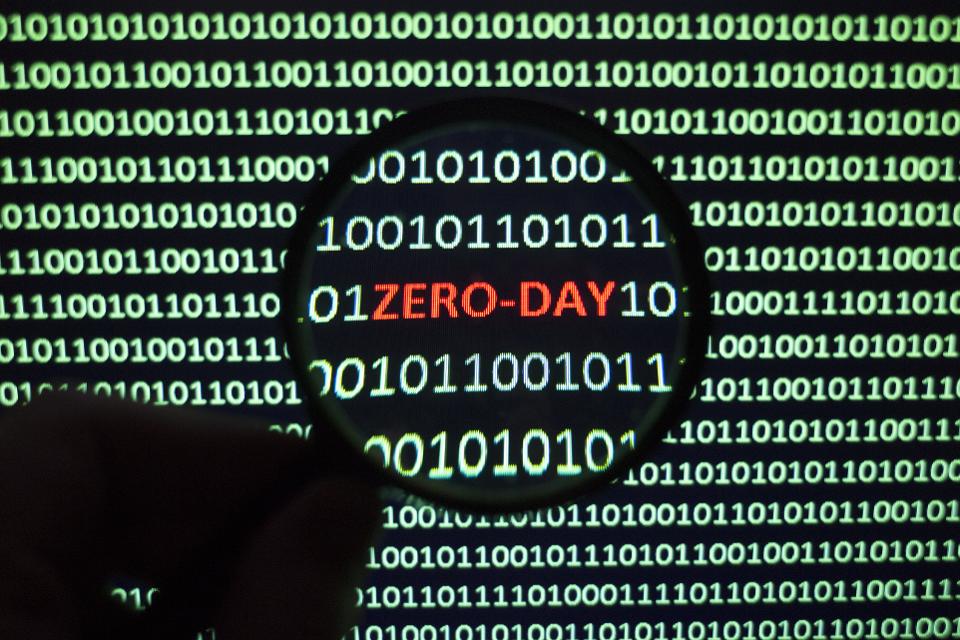Superb piece.
“But, I say we should pursue science and technology because, like Prometheus, the fires of invention burn bright, and although we may not always know where it leads us, a world darkened by the fear of treading upon the unknown, is unimaginable.”
Yet we can look to a brighter side, one I could never have imagined in the ’60’s when the chromosomes we karyotyped would be uncoiled to lay bare the genome as an instrument for critical medical diagnoses, to set free those erroneously convicted of crime, or enlighten us about Mitochondrial Eve our common mother, and the long journey that began two hundred thousand years ago; the journey that brought me into the world of physical things, air, table and chairs, and beyond into the space of the geometries and cohorts, like Golay and Bolsey, who helped me better understand my Universe, the one either too small or too far to see, unless aided by the eyes of science and technology. I once wondered how I got here, and now I think I know, but I am afraid my second query, “where will it lead,” will remain an open question.
One cannot predict with any precision where technology will lead us, although it has the indisputable potential to reduce suffering, extend life, and increase living standards. And, in the hands of the powerful, we witness its misuse altering natural patterns: ecosystems, the sustainability of organisms, to kill with greater efficiency. If we were separated from modern inventions, we would remain alive not more than a few days, weeks for survivalists. Invention does not only express our ingenuity, it expresses a societal conscience commensurate with the kind of world we collectively choose to live in.
Ingenuity itself has little control over where it leads, and I have long wondered whether one might in the words of Hamlet, “bear those ills we have than fly to others that we know not of.” But, I say we should pursue science and technology because, like Prometheus, the fires of invention burn bright, and although we may not always know where it leads us, a world darkened by the fear of treading upon the unknown, is unimaginable.








